Who's behind the land grabs?
- GRAIN
- 16 October 2012
A slide show by GRAIN that profiles some of those who have been most actively pursuing or supporting farmland grabs around the world.
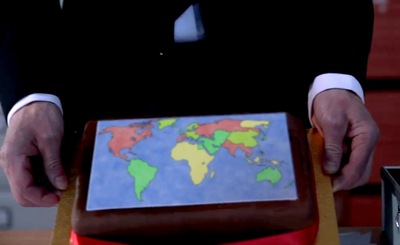
A slide show by GRAIN that profiles some of those who have been most actively pursuing or supporting farmland grabs around the world.
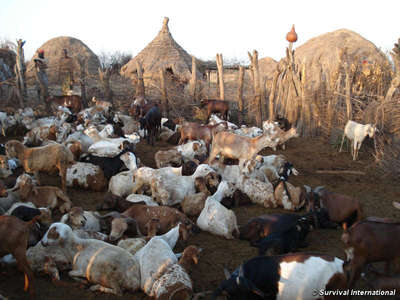
L’accaparement violent des terres dans la basse vallée de l’Omo déplace les tribus et affame des milliers de riverains qui perdent les moyens de subvenir à leurs besoins.
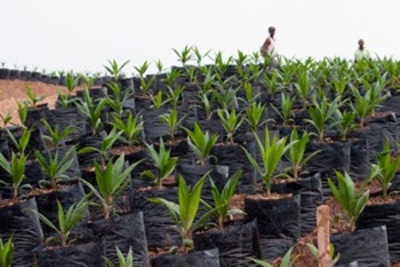
Researchers find that bulk of deals to lease out land are struck in 32 of the countries ranked “alarming” or “serious” on the Global Hunger Index score.

Large-scale agricultural in the developing world have received significant attention in recent months and years. This articles looks at the dynamics of the Ethiopian context and policy recommendations in moving forward.

Ethiopia announced on Friday plans to lease 100,000 hectares of land both to local and foreign investors, despite recent reports that foreign investors were grabbing large chunks of land.

Ethiopia Sugar Corp. said it’s signed agreements with state-owned China Development Bank Corp. for $500 million in loans to build two refineries, part of a plan to boost output of the sweetener almost tenfold by 2025.

BHO Bioproducts, a closely held farming company, said it plans to invest more than $120 million in rice and cotton production on 25,000 ha in Ethiopia’s western Gambella region during the next four years.

Anuak indigenous people from Ethiopia’s Gambella region submitted a complaint today to the World Bank Inspection Panel implicating the Bank in grave human rights abuses perpetrated by the Ethiopian Government.

One of the greatest threats Africa has ever faced is the impact from this new phenomenon of land-grabbing
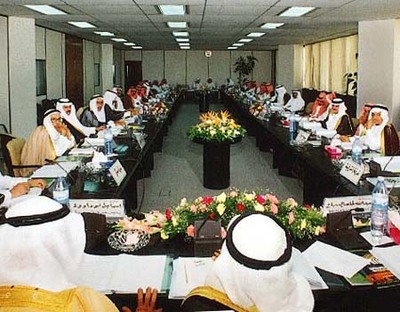
Saudi Arabia has invested around 40 billion riyals in agricultural and livestock projects in the Ukraine, Brazil, Argentina, Canada and Sudan, says chairman of the agricultural investment committee at the Saudi Council of Chambers.

The Ethiopian government says that it will no longer impose export quotas on commercial farm outputs and processed goods as a part of its commitment for the new partnership introduced by G-8 countries that focuses on facilitating private sector investment in African agriculture.
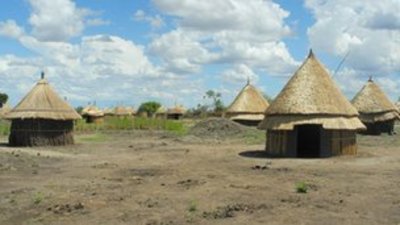
An Ethiopian farmer could sue the UK government after claiming a project that received funding from Britain led to the eviction from his farm and human rights abuses.